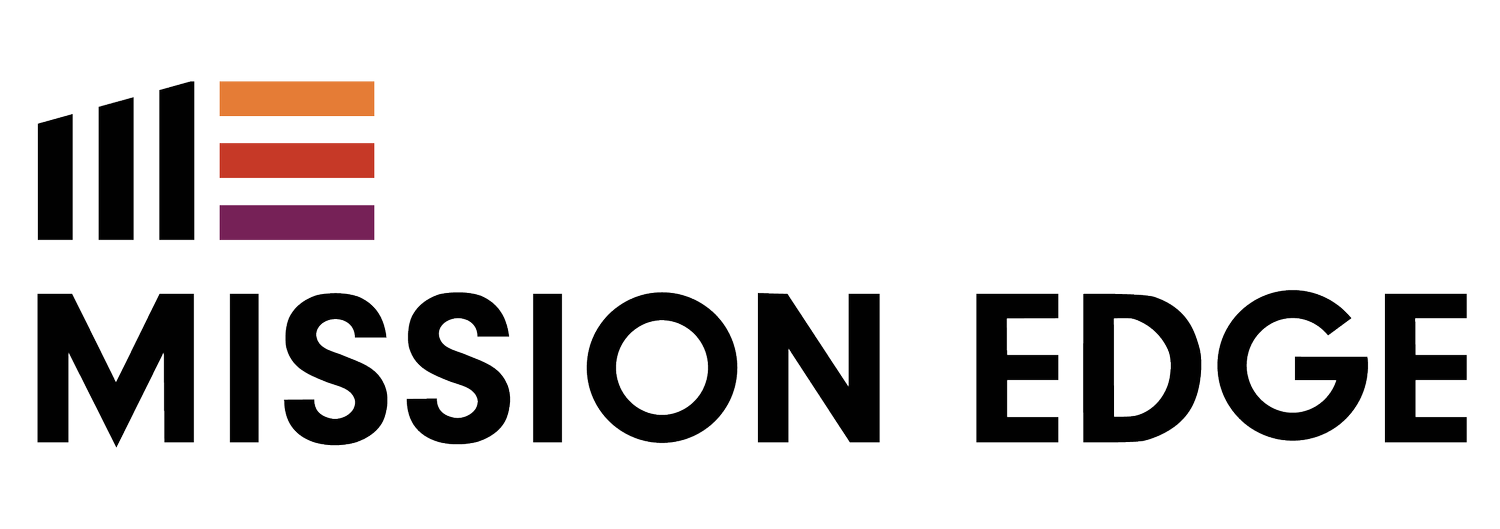Remote Work, Real Results: Nonprofit HR Insight for Modern Leaders
The world is changing fast and that includes the way nonprofits work.
Our nonprofit HR team guides organizations through the complexities of remote work, empowering them to maintain their nonprofit culture and impact.
Remote work has redefined how organizations operate, demanding new levels of agility, emotional intelligence, and communication from today’s leaders. While many core management skills remain the same, applying them successfully in a virtual environment requires a sharper, more intentional approach.
Here are the key management skills necessary to effectively lead remote teams, along with some ideas to help:
Clear Communication for Stronger Nonprofit Teams
Clear and consistent communication is the foundation of effective remote management. Great managers must leverage multiple communication channels—video calls, messaging apps, and project boards—to stay transparent and keep their teams aligned.
Active listening and delivering concise, focused messages are also crucial in maintaining engagement and preventing miscommunications. In fact, research from SHRM found that 85% of employees feel more engaged when their leaders communicate transparently, highlighting just how critical clear communication is to keeping remote teams motivated and connected.
For example, many companies have implemented a weekly virtual town hall where leadership shares key updates, addresses questions in real-time, and recognizes team achievements. This simple habit fosters transparency, builds trust, and keeps remote teams engaged.
Stay True to Your Nonprofit Culture: Lead with Empathy, Manage with Care
Managing remotely demands more emotional intelligence, not less. Leaders must be attuned to shifts in tone, engagement, and morale that are harder to spot over a screen. Checking in proactively builds trust, reduces burnout, and strengthens the team’s sense of belonging.
Imagine a manager noticing a usually active team member has become quiet in group meetings. Instead of assuming disengagement, they schedule a casual one-on-one video call to check in and provide support, leading to an open conversation about workload and well-being, preventing bigger issues down the line.
Build Trust, Not Checklists
Micromanaging a remote team doesn’t just slow people down—it erodes trust. Strong managers set clear expectations, define outcomes, and then step back to let employees own their work. As Forbes points out, effective remote leadership today is all about focusing on context over control, and care over command; emphasizing the importance of trust-building rather than micromanagement. Giving teams the autonomy to deliver results fosters ownership, accountability, and engagement across the board.
Take the case of a project manager who introduces a results-based approach where employees set weekly goals and report progress during stand-up meetings. Instead of managing every task, the manager builds a system of ownership, accountability, and flexibility; all without sacrificing results.
Tech-Savvy and Agile Nonprofit Leadership
Remote leaders don’t just use digital tools—they maximize them. Familiarity with Slack, Zoom, Asana, Basecamp, and other platforms isn’t optional anymore; it’s essential to driving team productivity and staying ahead.
Picture a leader who organizes project milestones on a Trello board: deadlines, owners, and updates are visible to the whole team, reducing confusion and boosting momentum.
Just as important? Agility.
Embracing change and fostering a resilient mindset in the team helps navigate unforeseen obstacles. For instance, when a key stakeholder meeting is disrupted by technical issues, an agile manager quickly pivots: rescheduling, sending a recorded presentation as a backup, and keeping momentum alive without skipping a beat.
Peak Performance
Monitoring and evaluating performance in a remote setting requires a results-driven approach. Results matter more than hours logged; managers must set clear objectives, check in frequently, and use data-driven insights to guide performance conversations not just once a year, but consistently.
One idea would be to implement a frequent, recurring feedback cycle (e.g. monthly) where employees receive performance insights through structured one-on-one meetings, leading to continuous improvement and development.
At the Heart of Nonprofit HR is that Together, We Thrive
Culture doesn’t happen by accident, especially remotely. Strong remote leaders intentionally build connection—through virtual team-building, informal check-ins, and everyday recognition.
Something as simple as starting each weekly team meeting with a quick "win moment"—where employees share personal or professional highlights—can create bonds that drive retention, engagement, and collective pride.
Balance Matters: Protecting Focus and Flexibility
Maintaining work-life balance isn’t a "nice to have"—it’s essential for sustainable performance. Remote managers should actively model healthy boundaries, encourage flexible scheduling, and protect deep focus time for their teams.
Many companies now implement "No-Meeting Fridays" or similar protected periods to give employees breathing room—leading to lower burnout, higher creativity, and stronger long-term results.
Remote leadership isn’t just about managing workflows; it’s about building trust, creating connection, and inspiring performance across distance.
By sharpening these essential skills, today’s leaders can turn remote challenges into powerful opportunities, creating resilient, engaged teams ready to thrive in the future of work.















